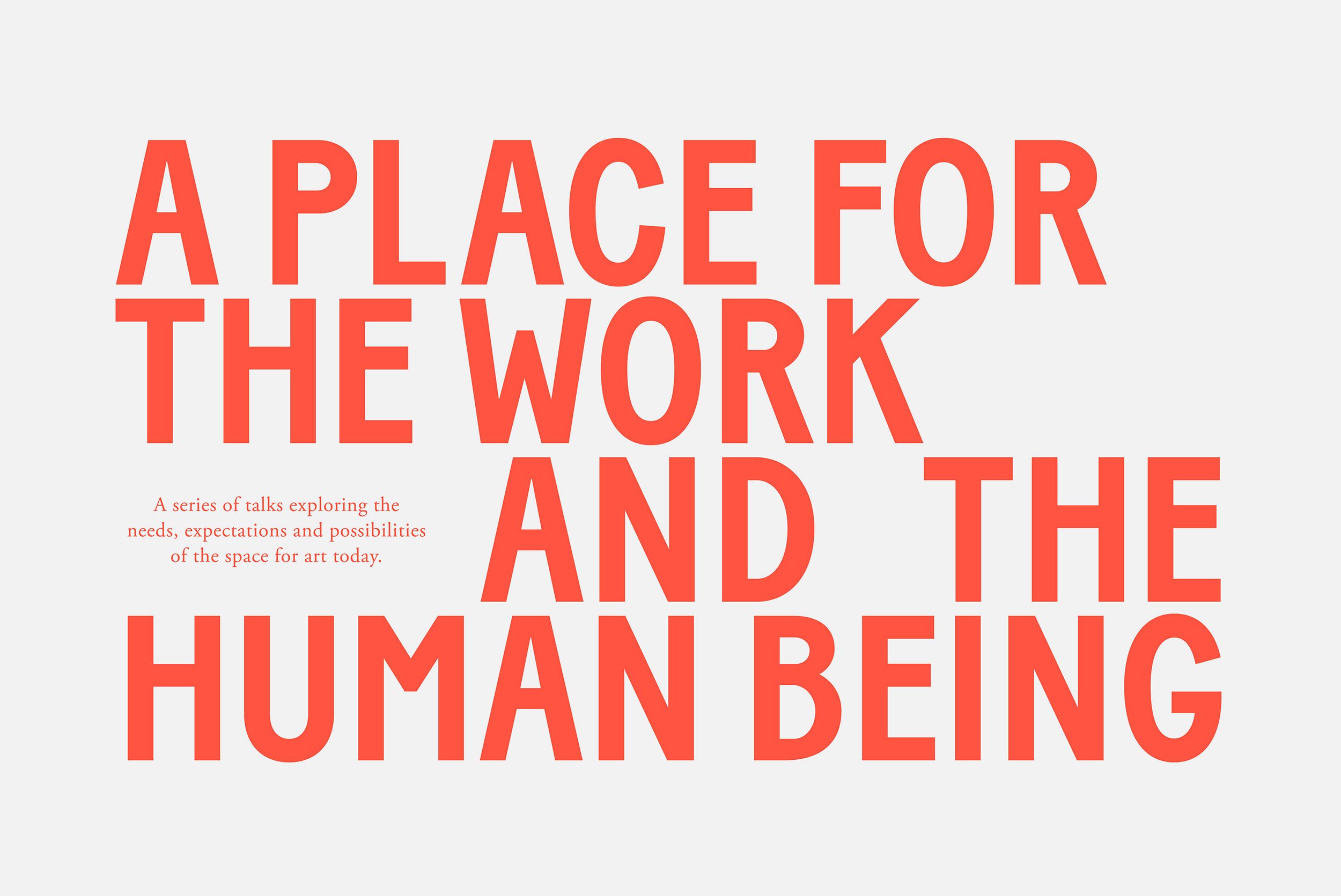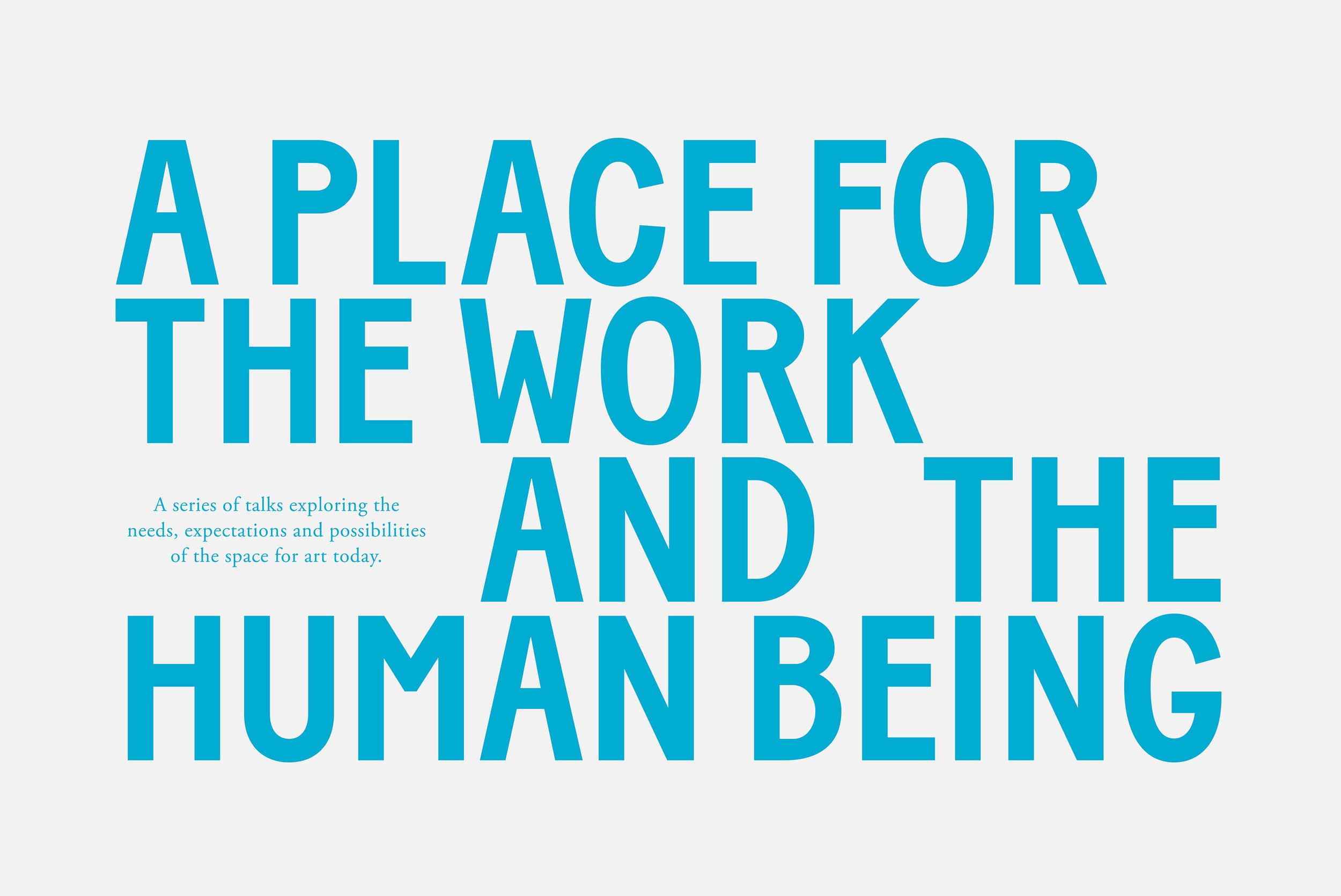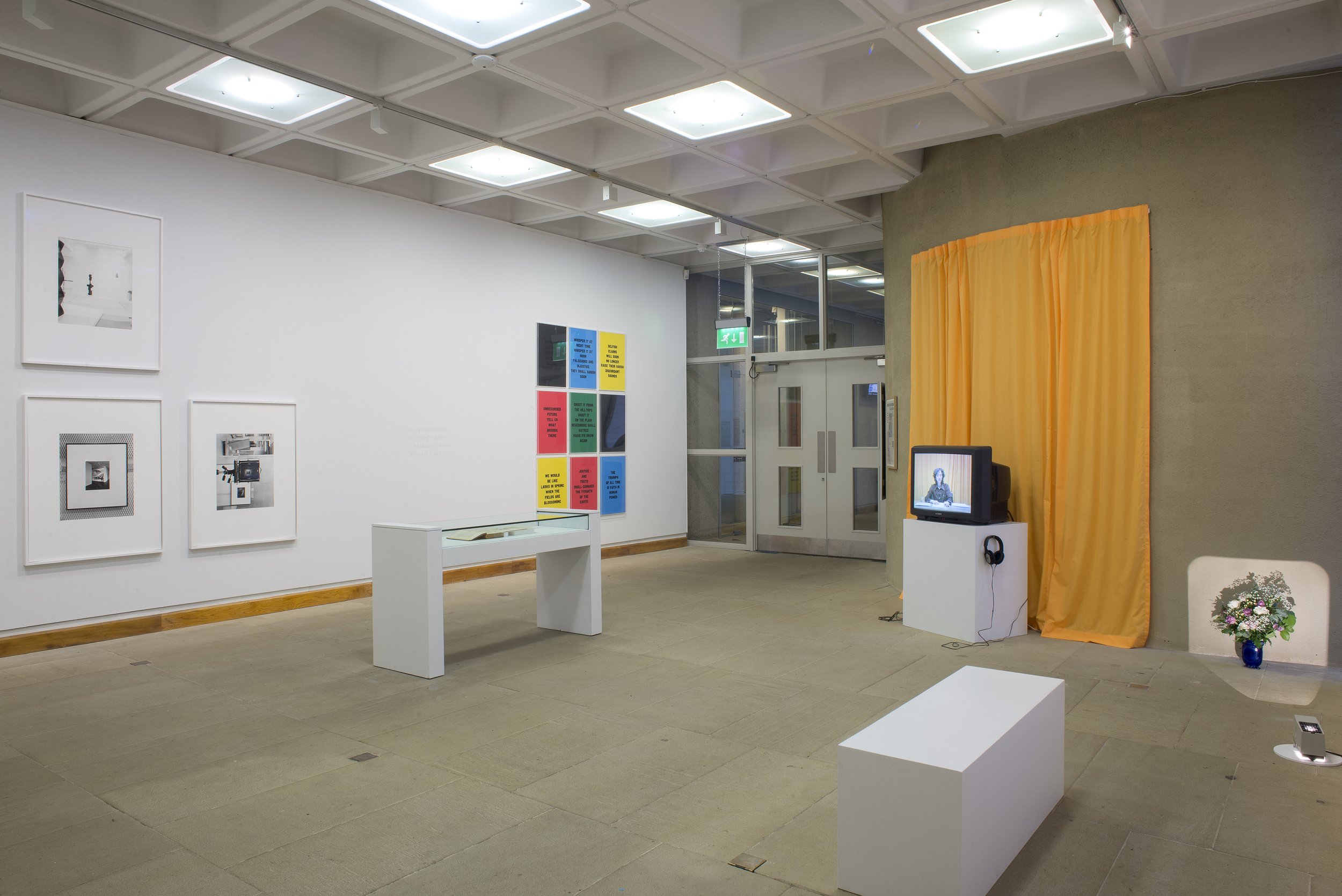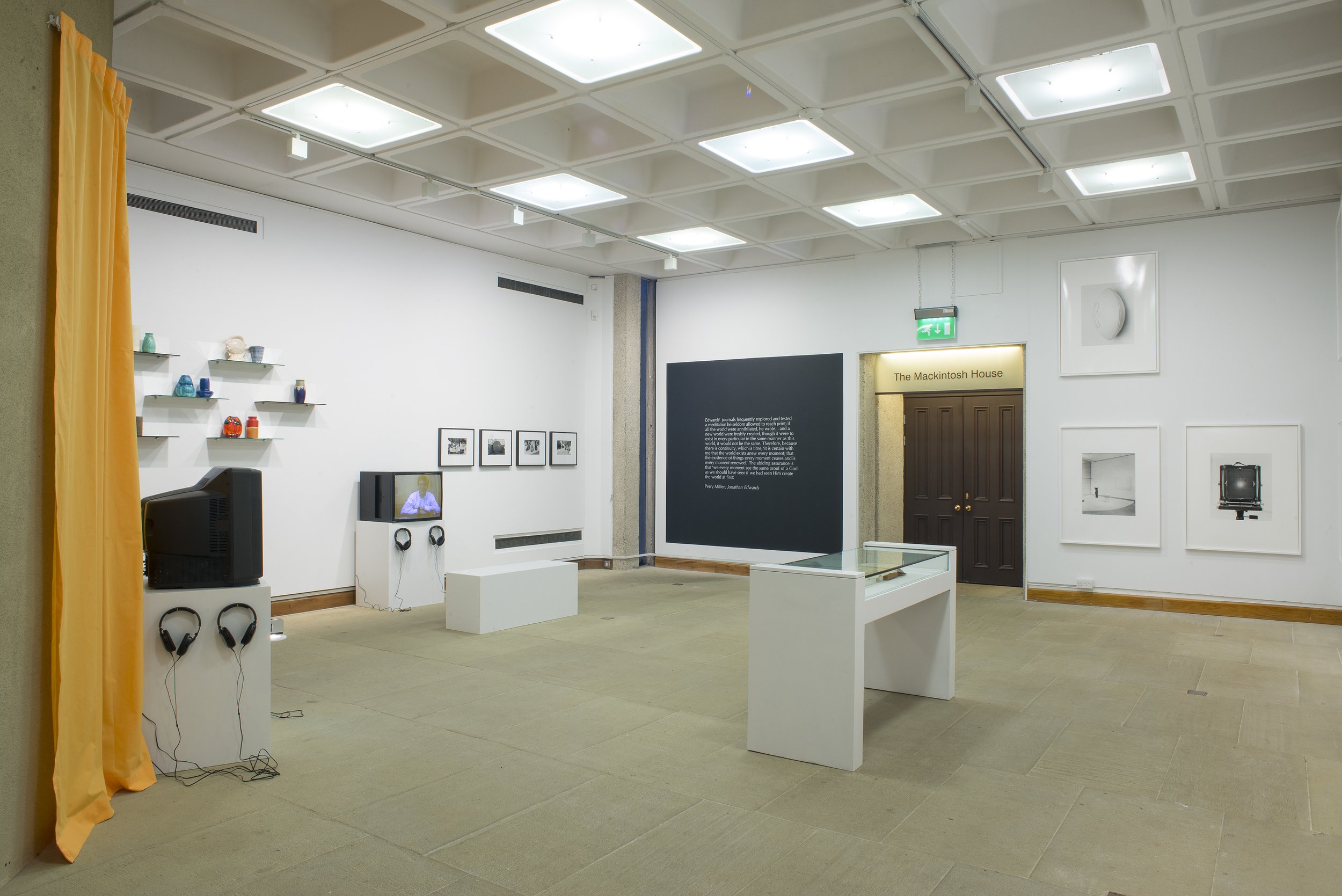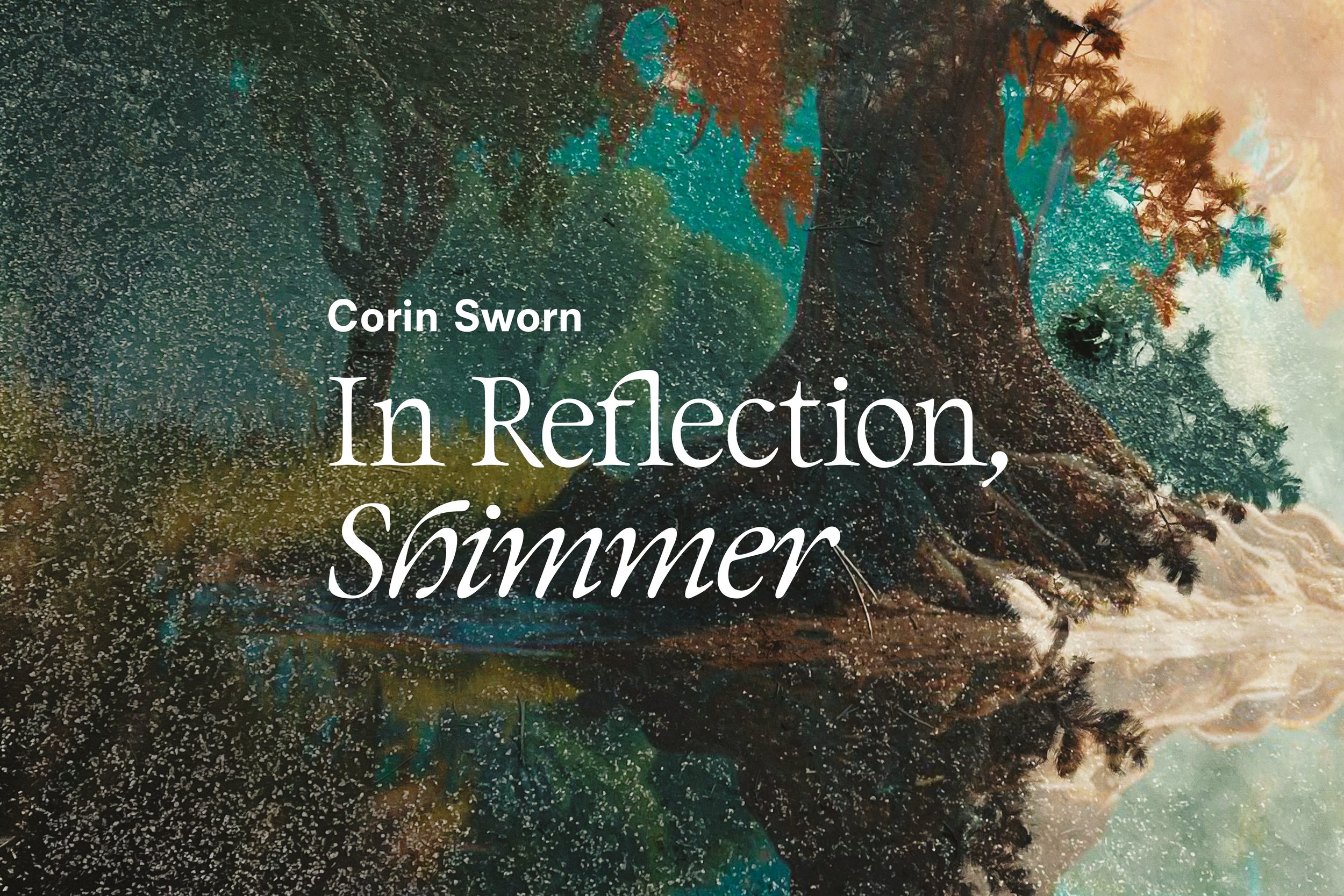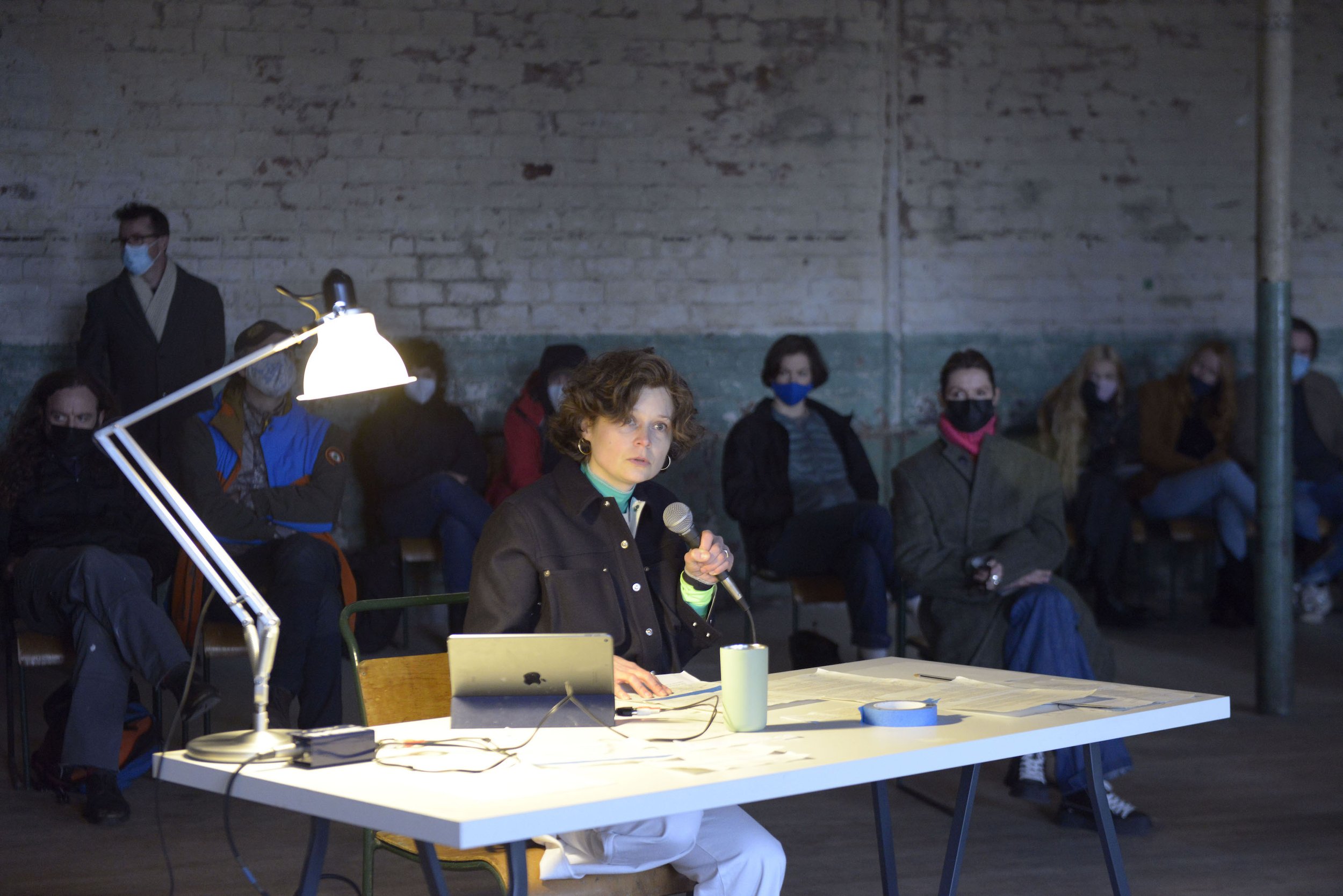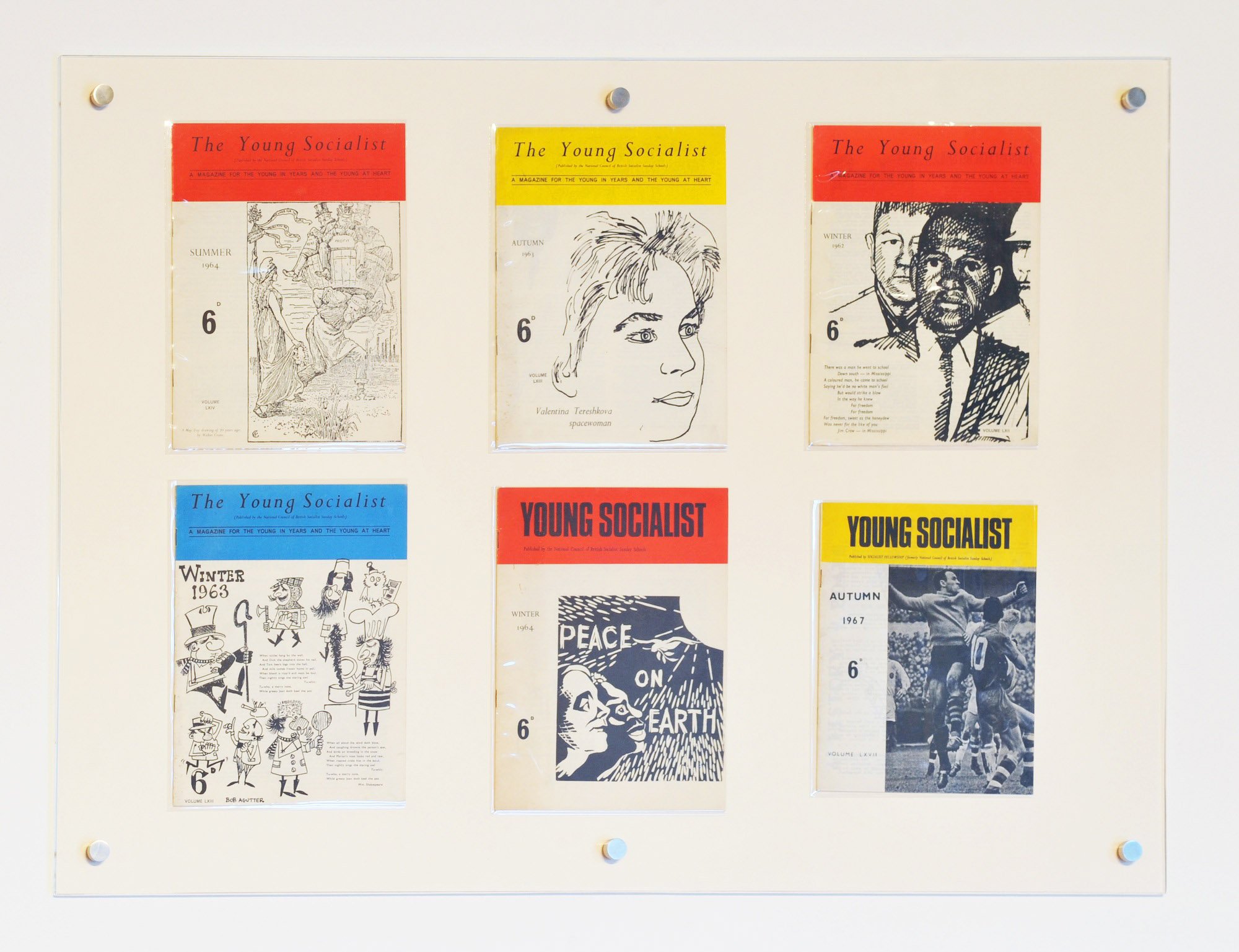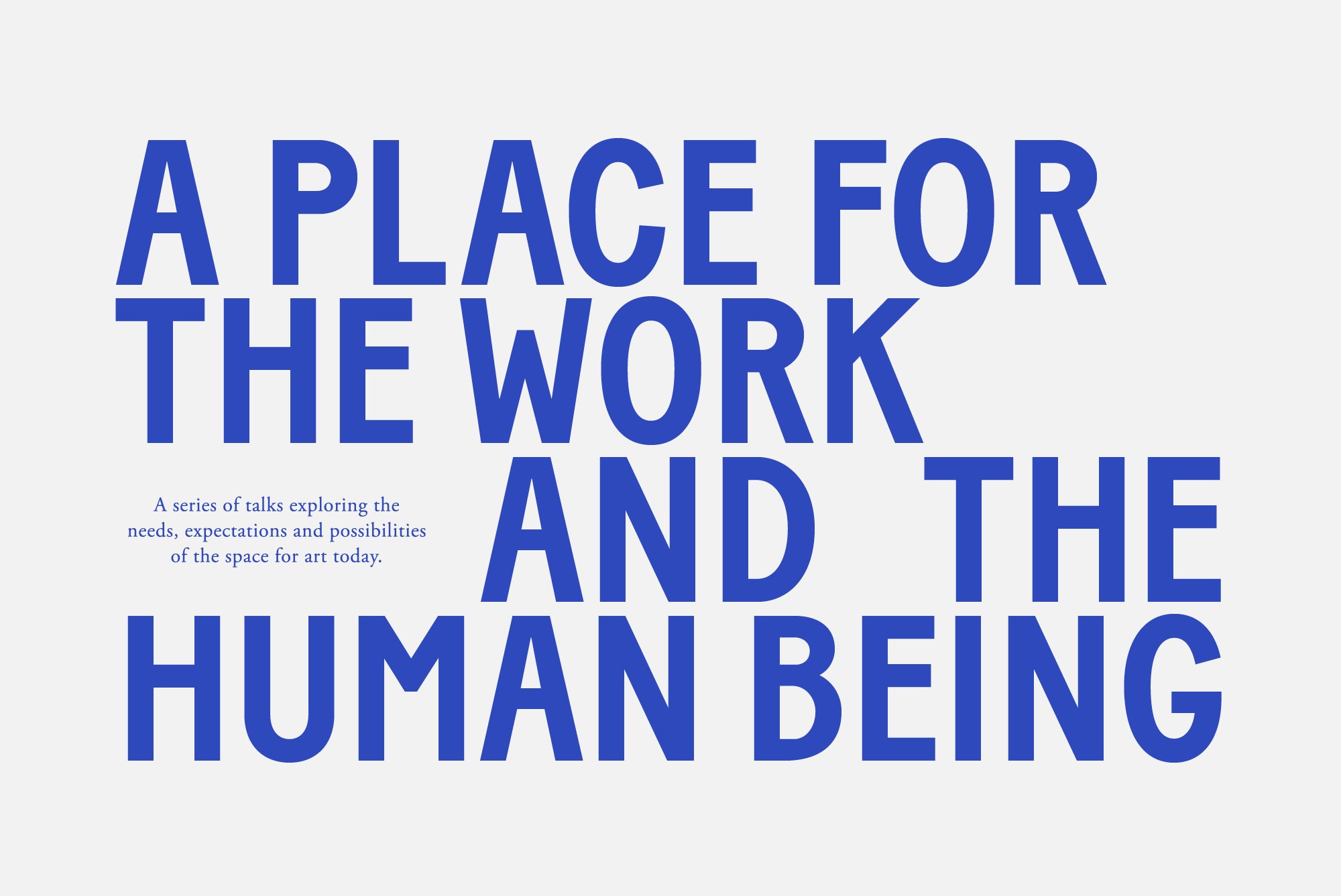
10. Panel Discussion led by Tom Jeffreys followed by Dinner – 'A Place for the Work and the Human Being'
Design: A Practice For Everyday Life.
‘A Place for the Work and the Human Being’ concludes with the tenth and final event in the series, reflecting on a year of talks and discussions with artists, architects, curators and academics throughout 2019.
Writer Tom Jeffreys leads a conversation between artist Ruth Ewan; writer and Transmission Committee member, Colm Guo-Lin Peare; Ed Hollis, Professor of Interior Design at Edinburgh College of Art; and Director of The Common Guild, Katrina Brown. The discussion reflects on the histories, themes and ideas presented by earlier speakers, drawing upon propositions from Rémy Zaugg’s seminal 1986 text, ‘The Art Museum of My Dreams’, the central catalyst for this series of talks.
After the discussion Civic House Kitchen will serve a delicious, plant-based meal.
Tom Jeffreys is an Edinburgh-based writer, who is especially interested in art that engages with environmental questions. His writing has been published in numerous magazines, newspapers and websites, and he frequently writes essays for exhibition publications. Jeffreys is editor of the online arts magazine, ‘The Learned Pig’, and he runs the Edinburgh branch of ‘The Political Animal’ monthly reading group. He is the author of ‘Signal Failure: London to Birmingham, HS2 on Foot’ (Influx Press, 2017) and is now working on a new book about the birch tree in Russian art, landscape and identity.
Jeffreys has been commissioned to write a reflection on the ‘A Place for the Work and the Human Being’ series, which will be published in spring 2020.
Ruth Ewan is an artist based in Glasgow. Her work stems from context-specific research resulting in a wide variety of forms including events, performance, writing, installation and print. For some time, Ewan’s practice has extended beyond making artworks and exhibitions. She has worked with collaborators to create music projects, guided walks, radio programmes, design projects, education workshops and books. These build on Ewan’s long-term interests in creativity and social justice, alternative systems and radical histories.
She has previously exhibited at venues including Yorkshire Sculpture Park, CAPC Bordeaux, Victoria and Albert Museum, Camden Arts Centre, Tate Britain, Collective Gallery Edinburgh, Kunsthal Charlottenborg Copenhagen, Badischer Kunstverein Karlsruhe, Dundee Contemporary Arts, CAAC Seville, the ICA London and Studio Voltaire. Her work was included in the São Paulo Biennial (2016); Glasgow International (2012); Folkestone Triennial (2011); New Museum Triennial, New York and Tate Triennial, London (2009). She has created public commissions for High Line, New York (2019), Edinburgh Art Festival, Edinburgh (2018) and Artangel, London (2013 and 2007). Her work is included in the collections of Tate, The Scottish Parliament, Museum of Modern Art Warsaw, FRAC Champagne-Ardenne and CAAC Seville.
Colm Guo-Lin Peare currently sits on the committee of Transmission Gallery, Glasgow. Peare recently contributed to the Reorganising Cultural Institutions conference at BALTIC Centre for Contemporary Art, Gateshead and is the Writer-in-Residence at the 2019 Berwick Film and Media Arts Festival. Peare’s paper, ‘Recapturing Difference: The Assimilative Desire of Late Liberalism and the Errantry of Joy’, was awarded the Honour for Excellence in the Field of Critical Theory by the Fine Art Critical Studies selection panel at the Glasgow School of Art in 2019.
Ed Hollis is a recovering architect. He started his career practicing in Sri Lanka, and then in Edinburgh. In 1999, he began lecturing in Interior Architecture at Napier University, moving to Edinburgh College of Art in 2004, where he is now Professor of Interior Design and Deputy Dean of Research, College of Arts, Humanities, Social Sciences, University of Edinburgh.
Hollis has published three books including, a collection of folk tales and stories about mythical buildings, ‘The Secret Lives of Buildings: From the Ruins of the Parthenon to the Vegas Strip in Thirteen Stories’ (2009); ‘The Memory Palace: A Book of Lost Interiors’ (2013); and most recently ‘How to Make a Home’ (2016), published for the School of Life.
He has been involved in diverse projects using storytelling to help develop new uses for old buildings from St Peter’s Seminary at Cardross to Riddles Court, the oldest house in Edinburgh, and Asansol, an Indian city built by Scots engineers in the nineteenth century.
Civic House is a workspace, venue and canteen that supports creative learning and socially engaged approaches to city making. Located in Speirs Locks, north Glasgow, Civic House provides space and a public programme that stimulates ideas for a positive future for the city. Built in the 1920s for ‘Civic Press LTD’ – a print works that specialised in publishing posters and pamphlets for unions and political movements – the building was acquired in 2016 by Agile City, a community interest company, with the support of Scottish Government’s Regeneration Capital Grant Fund.
Related
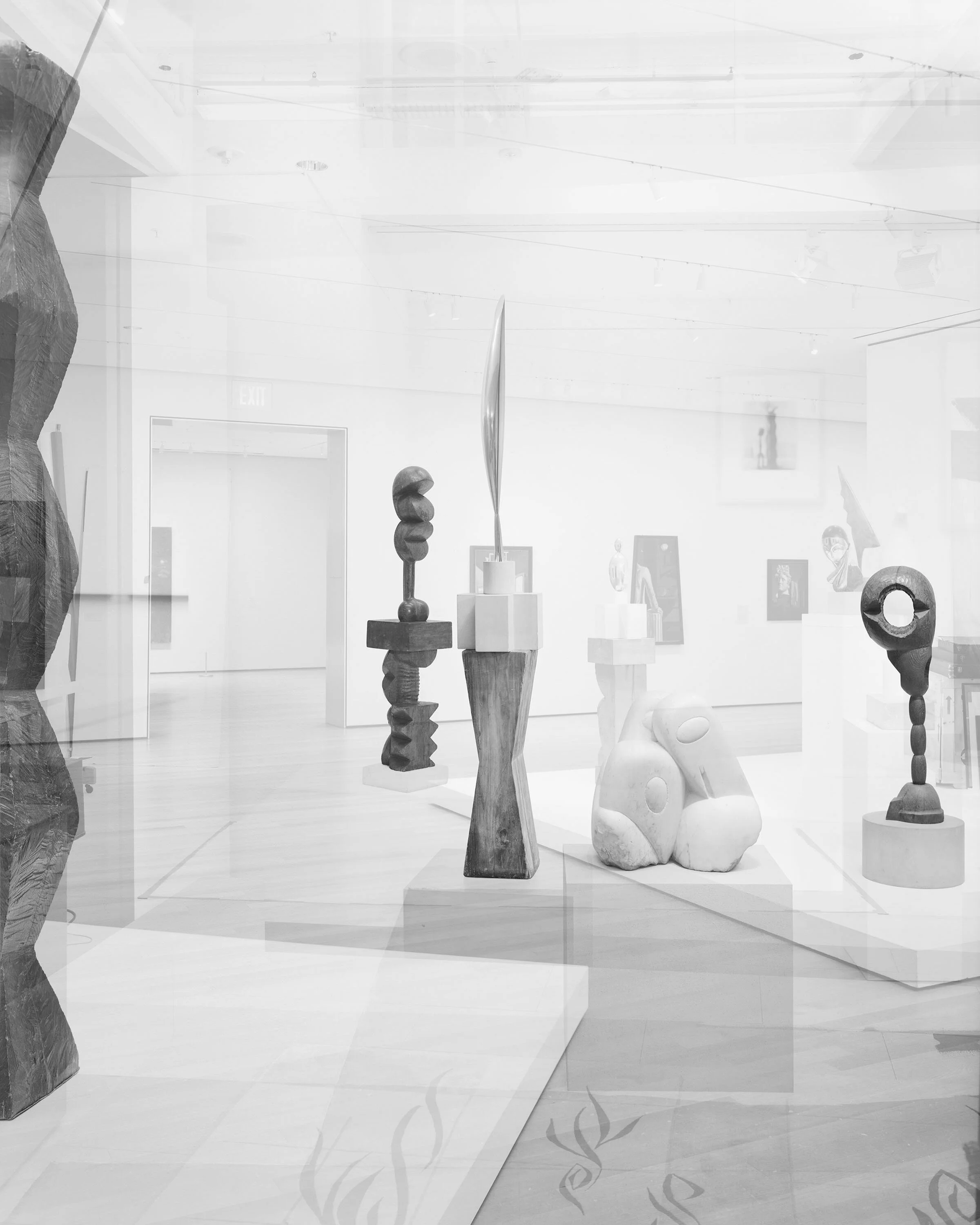
'A Synchronology: the contemporary and other times' – Robert Barry, Gerard Byrne, Phil Collins, Ruth Ewan, Sharon Hayes, Simon Starling, Corin Sworn and others
Simon Starling, 'Pictures for an Exhibition' 2013-2014. #12 of 36 Constantin Brancusi, Endless Column (1918), Adam & Eve (1916–21), Bird in Space (1926), Three Penguins (1911–12), Socrates (1922) (left to right).
Courtesy the Artist and The Modern Institute/Toby Webster Ltd, Glasgow.
Curated by Dr Dominic Paterson for the the University of Glasgow’s Hunterian Art Gallery, ‘A Synchronology’ is a new exhibition marking The Common Guild's 10th anniversary.
Taking its cue from the programme of exhibitions and projects we have realised since coming into being in 2007, the exhibition features several leading international artists and includes a diverse range of works that nonetheless share an interest in temporality: in marking time and in the presence of the past.
In our ten-year existence, The Common Guild has established itself as a leading force in contemporary visual arts in the UK. We curated Scotland’s participation in the 55th Venice Biennale in 2013, commissioning work by Corin Sworn, Hayley Tompkins and Duncan Campbell, who subsequently won the Turner Prize. The Common Guild has also worked closely with the University of Glasgow to present artist’s talks, symposia and other events, and ‘A Synchronology’ extends this collaboration.
The exhibition includes works by Robert Barry, Gerard Byrne, Phil Collins, Ruth Ewan, Sharon Hayes, Simon Starling and Corin Sworn and among others.
Further info
Supported by
Related

Performance / Tam Dean Burn – 'A Partial History of the Proletarian Sunday Schools'
Performance / Tam Dean Burn - ‘A Partial History of the Proletarian Sunday Schools’ (2012).
A one-off performance by actor Tam Dean Burn inspired by the life of Tom Anderson, founder of Glasgow’s Proletarian Sunday School, followed by a presentation on the history of Anderson and the School by Jane Rosen, a social historian and specialist in working class children’s literature.
'The Glasgow Schools' is a project by artist Ruth Ewan. It maps out the city’s Proletarian, Socialist Sunday and Socialist Fellowship Schools, part of a network of alternative educational organisations that once spread across the UK, of which Glasgow was a particular centre.
The schools explored a spectrum of left-wing ideologies with children and young adults, from the Marxist revolutionary zeal of Tom Anderson’s Proletarian Schools (1918 – c1939) to the Christian leaning ethics of the early Socialist Sunday Schools (1896 – 1965), which later evolved into the Socialist Fellowship (1965 – 1980).
Event Details
Listen to Partial History Of The Proletarian Sunday School –
Related

Exhibition Talk / Roger Huddle & Dr Fred Reid – 'A Select History of Socialist Sunday Schools'
Roger Huddle speaking at ‘A Select History of Socialist Sunday Schools’, 29th April 2012.
Socialist, writer, activist and historian Roger Huddle and historian, activist and former Socialist Sunday School student Dr Fred Reid gives a historical and personal account of the Socialist Sunday School movement.
'The Glasgow Schools' is a project by artist Ruth Ewan. It maps out the city’s Proletarian, Socialist Sunday and Socialist Fellowship Schools, part of a network of alternative educational organisations that once spread across the UK, of which Glasgow was a particular centre. The schools explored a spectrum of left-wing ideologies with children and young adults, from the Marxist revolutionary zeal of Tom Anderson’s Proletarian Schools (1918 – c1939) to the Christian leaning ethics of the early Socialist Sunday Schools (1896 – 1965), which later evolved into the Socialist Fellowship (1965 – 1980).
Event Details
Listen to Roger Huddle and Dr Fred Reid –
Related

Artist Talk / Ruth Ewan on 'The Glasgow Schools'
Ruth Ewan, ‘The Glasgow Schools’ (2012) (detail). Courtesy of the artist.
Ruth Ewan delivers a talk about her project ‘The Glasgow Schools’.
Event Details
Listen to Ruth Ewan on ‘The Glasgow Schools’ –
Related

Performance / ‘Magic for Socialism’
‘Magic for Socialism’ on Sunday 22 April with Charlotte Brown and the choir of former Socialist Sunday School students, Scotland Street School Museum, Glasgow, Glasgow International Festival of Visual Art (20 April - 7 May 2012). Photo by Alan Dimmick.
To celebrate the opening of The Glasgow Schools there were performances by Socialist Magician, Ian Saville, and a choir of former Socialist Sunday School students led by Charlotte Brown.
'The Glasgow Schools' was a project by artist Ruth Ewan. It mapped out the city’s Proletarian, Socialist Sunday and Socialist Fellowship Schools, part of a network of alternative educational organisations that once spread across the UK, of which Glasgow was a particular centre. The schools explored a spectrum of left-wing ideologies with children and young adults, from the Marxist revolutionary zeal of Tom Anderson’s Proletarian Schools (1918 – c1939) to the Christian leaning ethics of the early Socialist Sunday Schools (1896 – 1965), which later evolved into the Socialist Fellowship (1965 – 1980).
Event Details
‘Magic for Socialism’ was an event held as part of ‘The Glasgow Schools’, a project by Ruth Ewan, presented at Scotland Street School Museum.
The project was curated by Kitty Anderson and Siobhan Carroll in association with The Common Guild as part of Glasgow International Festival of Visual Art.
Related

Ruth Ewan – 'The Glasgow Schools'
Ruth Ewan, The Glasgow Schools. Photo: Alan Dimmick
'The Glasgow Schools' is a project by artist Ruth Ewan. It maps out the city’s Proletarian, Socialist Sunday Schools and Socialist Fellowship Schools, part of a network of alternative educational organisations that once spread across the UK, of which Glasgow was a particular centre. The schools explored a spectrum of left-wing ideologies with children and young adults, from the Marxist revolutionary zeal of Tom Anderson’s Proletarian Schools (1918–c.1939) to the Christian leaning ethics of the early Socialist Sunday Schools (1896–1965), which later evolved into the Socialist Fellowship (1965–1980).
The exhibition brings together, for the first time, archive material relating to the schools from a number of public and private collections, accompanied by an events programme of talks and discussion, song, performance and magic. Ewan presents a series of poster works, a pamphlet, and a new documentary available to view here, made using archival footage and first hand accounts of the schools, exploring the affect they had on the lives of those involved. The project’s chosen exhibition space, Scotland Street School Museum, purposefully brings this influential and largely hidden movement into the wider context of Glasgow’s educational history.
Project Details
‘The Glasgow Schools’ was presented at Scotland Street School Museum. The project was curated by Kitty Anderson and Siobhan Carroll in association with The Common Guild as part of Glasgow International Festival of Visual Art.









